Plants with a healing effect >>>> Scorzonera for medical and dietary nutrition
Scorzonera for medical and dietary nutrition.
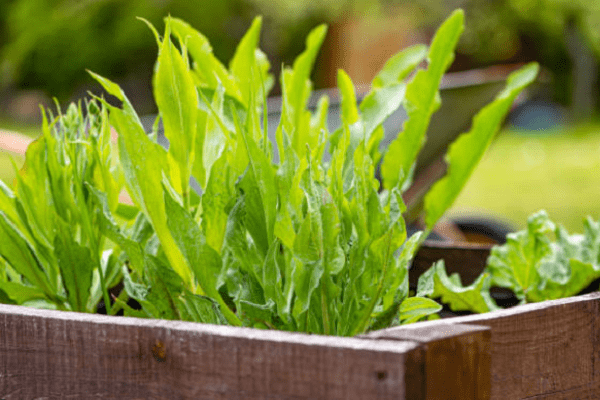
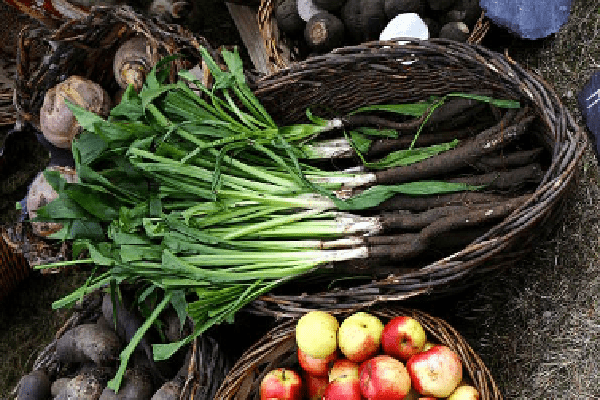
Plant Scorzonera ("Scorzonera hispanica") has been known since ancient times and was used actively in food in those countries where this plant is native - in the countries of Western Europe and America. In everyday life, Scorzoner is better known under the names: Black Root, Black Carrot, Winter Asparagus or Sweet Root. The Scorzoner plant got this name due to its root, which has the appearance of a large carrot, but black or dark brown in color.
The dimensions of the Scorzonera root can reach 16 inches in length and three centimeters in diameter. The root of the plant does not always have even forms; it also acquires a spindle-shaped appearance during the growth process. The plant itself is not comparable to the size of the root and reaches no more than a meter in height, and, what is most interesting, with this size it belongs to herbaceous plants.
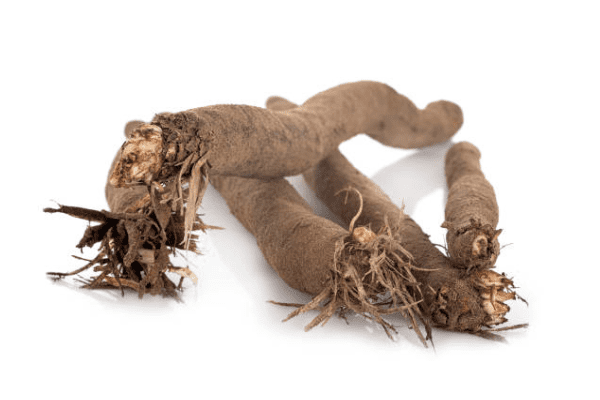

Scorzonera root has gained its popularity among dietetic foods due to its sweet taste, delicate texture and faint vanilla smell. The sweetness of Scorzonera root comes from natural sugars, mainly inulin, which makes Scorzonera root a diabetic food.
But not only the sugar content of the Scorzonera fruit has nutritional and medicinal value for human health. The plant is rich in B vitamins, provitamin A, vitamins PP, E, Ascorbic acid, Aspartic amino acid, trace elements of Iron, Calcium, Phosphorus, Potassium. This selection of useful substances translates the plant into the category of medicinal and useful for metabolism, skin, bones, nails, and also classifies the plant as having good reparative properties (promoting tissue regeneration). Thanks to Asparagine, the plant in its raw form is useful for cardiovascular problems.
Although the Scorzonera plant is popular for its nutritional properties of roots, almost all parts are edible in it, young shoots and leaves are used as part of green fortified salads.
The name Winter Asparagus gives the plant the characteristic of Scorzonera root, when boiled, sautéed or steamed, to acquire the flavor typical of asparagus.
Despite the fact that the plant is highly popular in the cooking of the countries in which it is cultivated, it deserves attention as a medicinal plant, Scorzonera medicinal has a beneficial effect on gastrointestinal problems, since the root of the plant is a delicate fiber that is useful for various intestinal diseases. in a boiled form, it is useful for chronic constipation, colitis and other inflammatory bowel diseases (small and large).
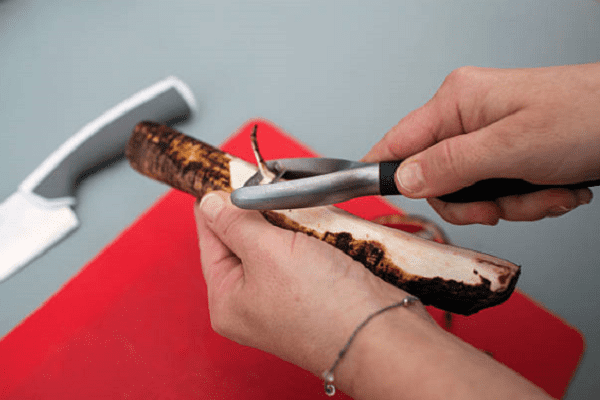
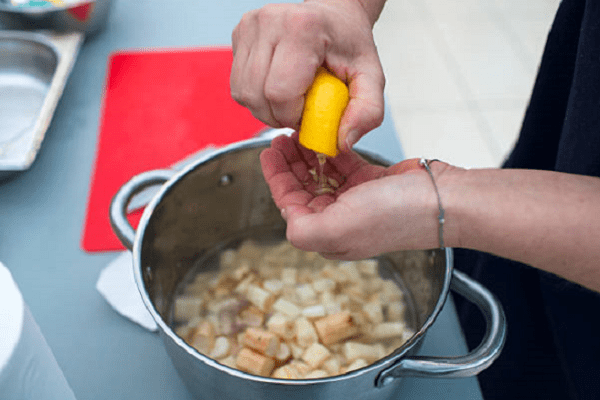
Since ancient times, the Scorzoner plant has been credited with the properties of an antidote because, by causing intestinal peristalsis, the root used in food quickly removes toxins from the body and helps to improve stool with diarrhea, which is very important during the recovery period of the body after intoxication caused by poisoning or infections of microorganisms.
The plant is prepared like carrots, asparagus, and cauliflower. It can be used raw, cooked, dried, pickled. Salads, soups, vegetable sauces and pates, vegetable terrines, vegetable side dishes from Scorzonera root become very attractive and have nutritional value. all-season, as Scorzonera root can be kept raw like carrots.

Read

Read



























